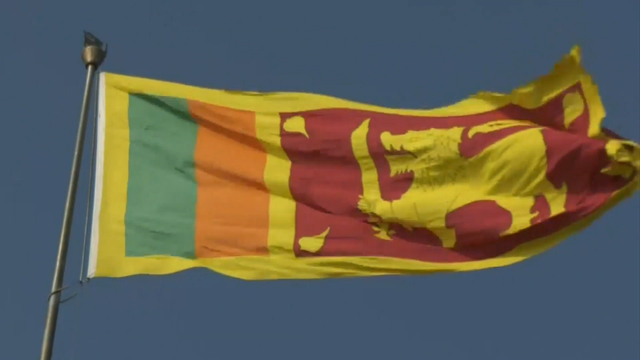
Sri Lanka's economy still sluggish 1 year after leadership change
People in Sri Lanka are still struggling with rising prices and a sluggish economy one year after the current president took over, faced with the challenge of improving the country's dire fiscal straits.
President Ranil Wickremesinghe, the former prime minister, took office on July 21 of last year. His predecessor, Gotabaya Rajapaksa, had fled the country and resigned amid massive anti-government demonstrations.
Fiscal policy failures and other factors had triggered a sharp depreciation of Sri Lanka's currency while Rajapaksa was the leader, sending prices soaring.
The International Monetary Fund decided in March this year to lend Sri Lanka about 3 billion dollars in a four-year loan program.
Sri Lanka's creditor nations, including Japan, have also been negotiating to restructure the payment terms of the South Asian country's enormous debt.
But its economy remains sluggish, with inflation recording 12 percent in June.
Sri Lanka's State Minister of Finance Shehan Semasinghe told NHK that the government plans to extend its welfare benefits to cover 2 million families because it places priority on people. He pledged the poor and vulnerable communities will be looked after.
Source: https://www3.nhk.or.jp/nhkworld/en/news/20230721_05/
 English
English Japan
Japan
